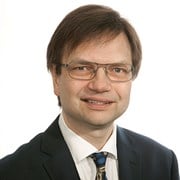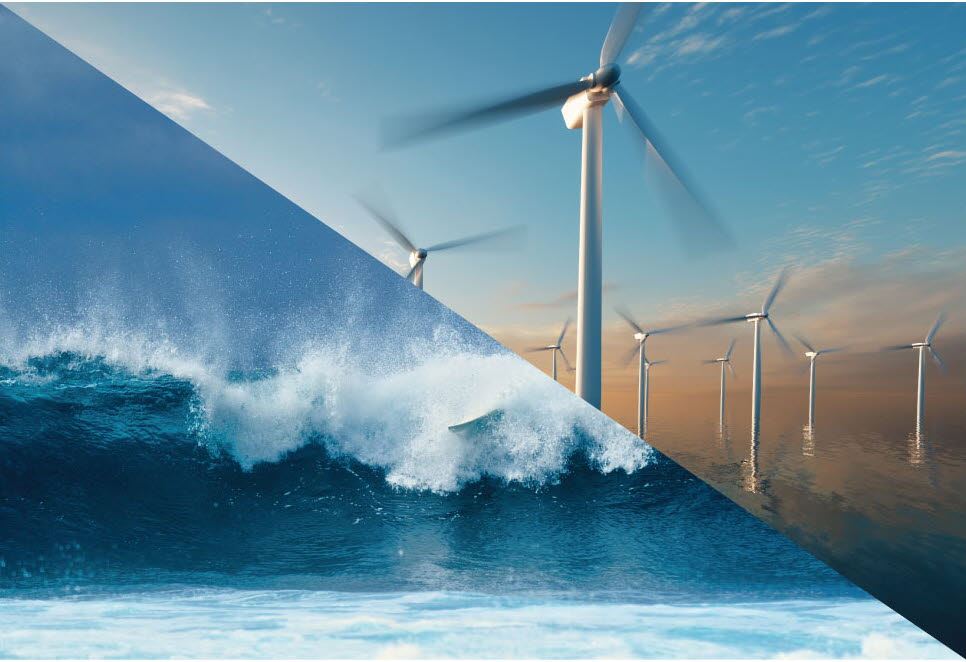The specific and measurable goals of the MaRINET2 project are:
- a standardisation of tests implemented by different countries' test infrastructures. This will be combined with an independent verification process for the analysis and acceptance of results generated by tests involving wave-, tide, offshore wind and multimodal technologies as part of the Transnational Researcher Access Programme.
- to enhance the quality, robustness and accuracy of physical modelling and test practices run by MaRINET2 infrastructures. To develop new physical modelling procedures for subsystems under development to support ORE systems, especially in situations where standardisation currently does not exist.
- to provide access to a joint and relevant research infrastructure linked to ORE (Offshore Renewable Energy)-related research activities with the aim of promoting a European network of researchers. This will be achieved by means of transnational access to the infrastructure, and incentives to encourage the exchange and dissemination of research results by means of user meetings.
- to provide new and representative standardised test procedures for approval by MaRINET2 infrastructures within the Transnational Access Programme.
- to consolidate networking between the various European research infrastructures, and improve capacity and proficiencies by means of training and personnel exchange in the form of short-term research residencies.
- to design and implement a unified e-infrastructure with the aim of demonstrating data distribution and virtual service provision using said e-infrastructure.
- to optimise the use and application of project results.
- to offer high-quality training (involving specific technical skills and key generic and transferable proficiencies that are relevant to ORE research) to both academia and industry by means of the preparation and offer of a short course and webinar programme featuring a focused hands-on component.
- to contribute to improvement and knowledge transfer between research centres, academia and industry.
- to develop an EU-standard for education linked to ORE-related research.
As part of this project, SINTEF Energy Research is offering access for international research scientists to its SmartGrid laboratory.
The project is funded by EU H2020.
Project partners:
- University College Cork (Coordinator)
- Aalborg Universitet
- Biscay Marine Energy Platform SA (BiMEP)
- Consiglio Nazionale delle Ricerche (INSEAN)
- Consorcio Para el Diseno, Constructcion, Equipamiento y Exploitacion de la Plataforma Oceanica de Canarias (PLOCAN)
- CSC – Tieteen Tietoteknikan Keskus OY
- Denmarks Tekniske Universitet
- Ecole Centrale de Nantes
- Ente Vasco de la Energia (EVE)
- European Marine Energy Centre (EMEC)
- Fundacao Eurocean
- Fundacion CENER-CIEMAT (CENER)
- Fundacion Centro Tecnologico de Componentes
- Fundacion Instituto de Hidraulica Ambiental de Cantabria
- Fundacion Tecnalia Research & Innovation (Tecnalia)
- Gottfried Wilhelm Leibniz Universitaet Hannover
- Institut Francais de Recherche pour L'exploitation de la Mer (Ifremer)
- Mariene Informatie Service MARIS BV
- National University of Ireland Galway
- Norges Teknisk-Naturvitenskapelige Universitet
- Ocean Energy Europe
- Oceanide
- Offshore Renewable Energy Catapult
- SINTEF Energy Research
- SmartBay Ireland Limited
- SSPA Sweden AB.
- Stichting Dutch Marine Energy Centre
- Stichting Maritiem Research Instituut Nederland (Marin)
- The Queens University Belfast
- The University of Edinburgh
- The University of Exeter
- Universita Degli Studi Di Firenze (CRIACIV LABIMA)
- University of Limerick
- University of Plymouth
- University of Strathclyde
- University of Surrey
- Uppsala Universitet
- WAVEC Offshore Renewables – Centro de Energia Offshore Associacao
Read more on the project homepage.

